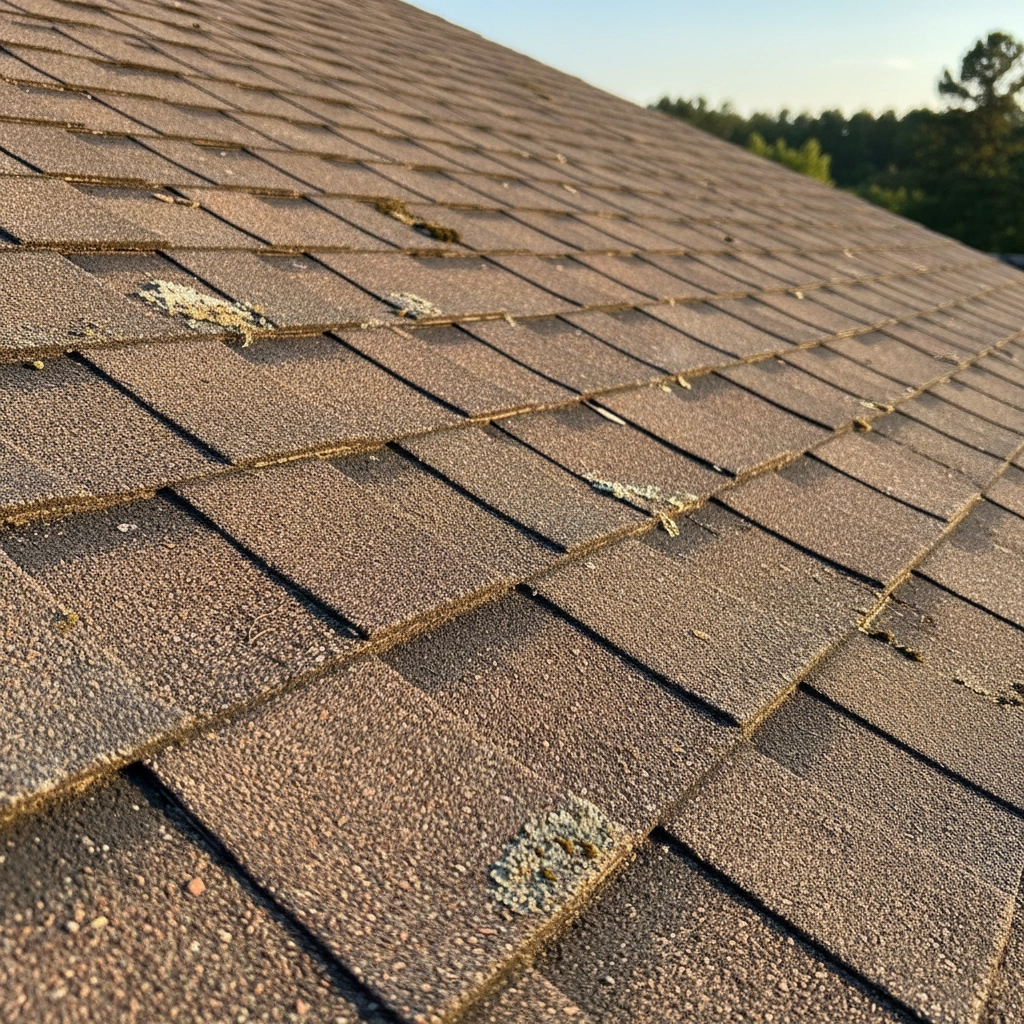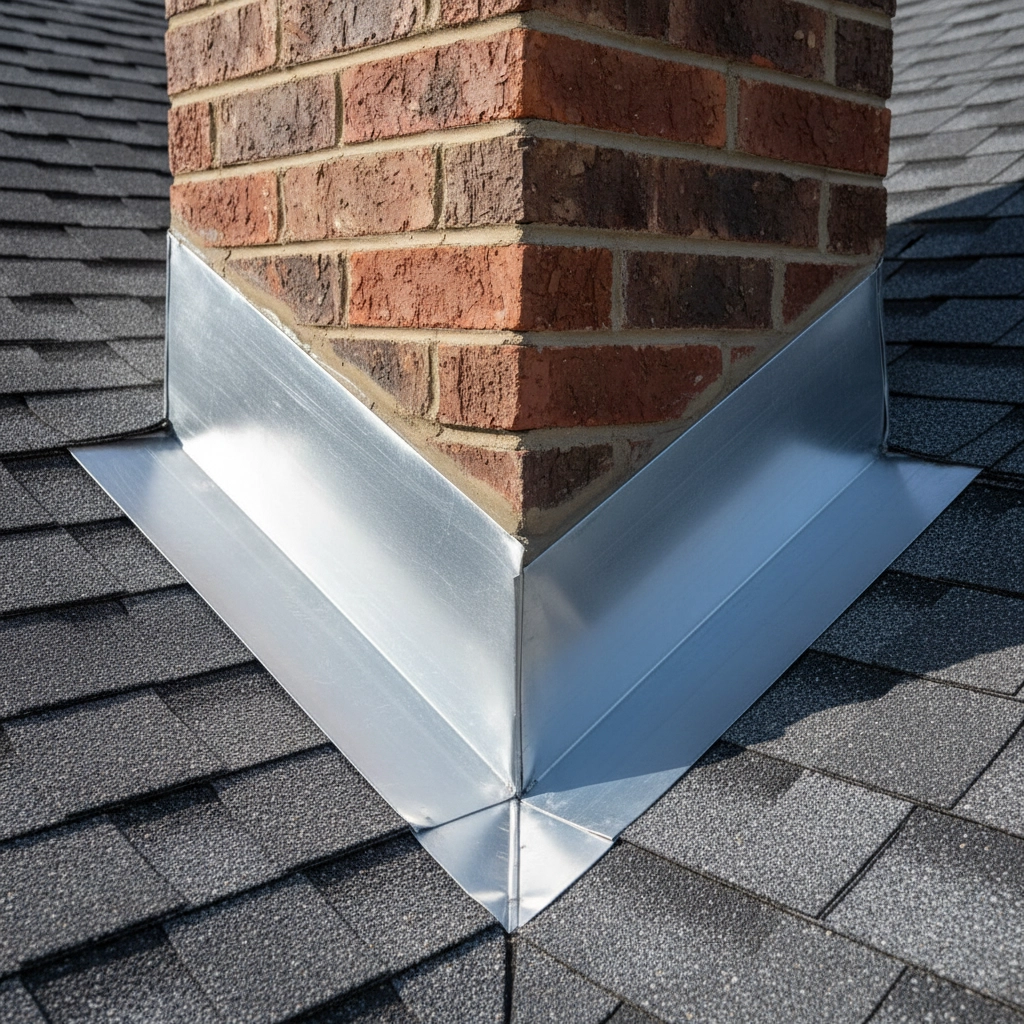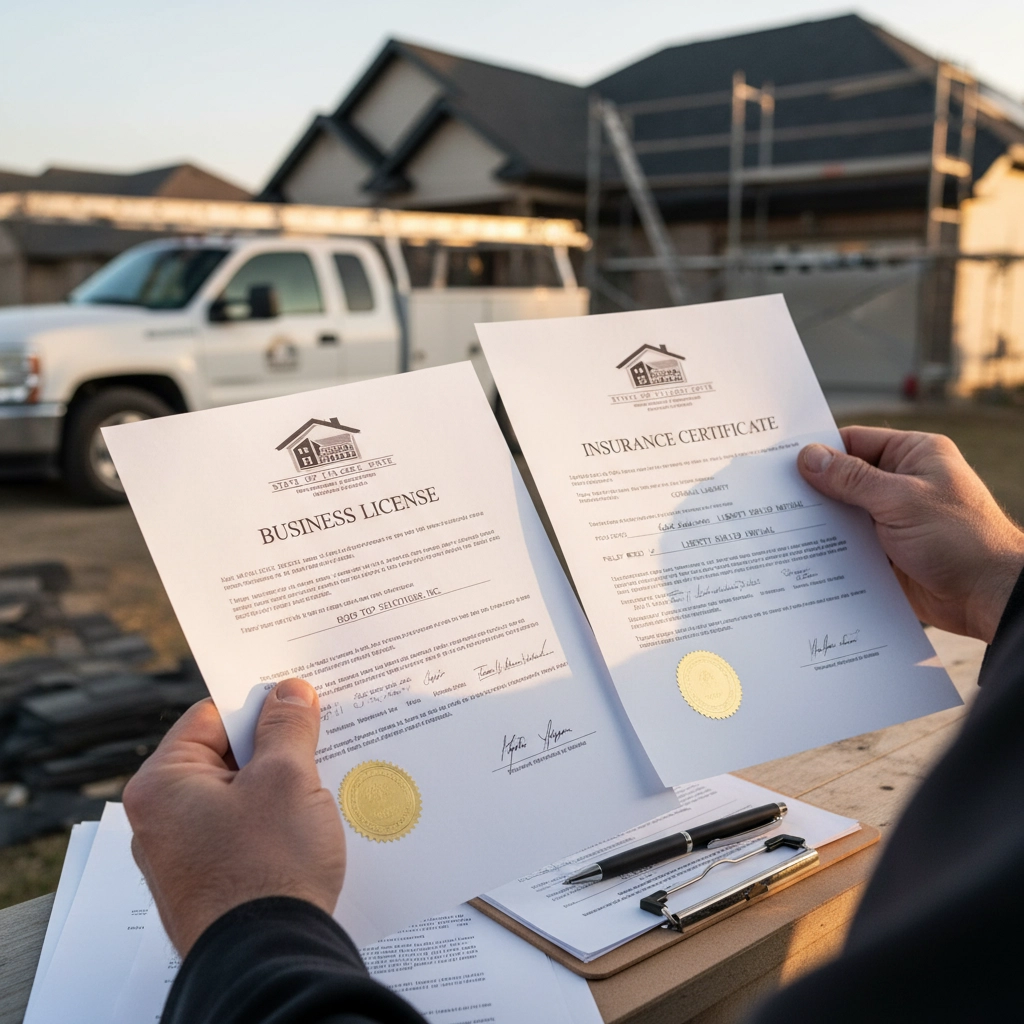Roofing Tips & Guides
Expert Roofing Advice for Charlotte Homeowners
Learn from Charlotte's trusted roofing experts. Tips on maintenance, repair, replacement, and protecting your home from the elements.
Learn from Charlotte's trusted roofing experts. Tips on maintenance, repair, replacement, and protecting your home from the elements.


Look, we get it. Roofing can feel intimidating, and asking questions might make you worry about looking clueless or getting taken advantage of. But here's the thing – every homeowner has these same questions rattling around in their head. The difference between a smart homeowner and one who gets burned? The smart ones ask the questions.
After years of working with Charlotte families, we've heard every roofing question under the sun. Some folks whisper them like they're state secrets, others blurt them out during estimates. Truth is, there are no dumb questions when it comes to protecting your biggest investment.
So let's dive into the 10 questions you're probably thinking but might be too hesitant to ask out loud.
Here's the straight truth: it depends on what you've got up there. Asphalt shingles (the most common choice) typically last 15-25 years in our Carolina climate. Metal roofing can push 40-50 years, while slate and clay tiles can outlive your grandkids.
But – and this is important – our hot summers, surprise hail storms, and those occasional ice events can knock years off any roof's life. A 20-year shingle might only give you 17 years here. That's not a defect, that's just North Carolina weather doing its thing.

Technically? Yes, you can layer new shingles over old ones, and it'll save you money upfront. Practically? It's usually a mistake that costs more in the long run.
When you cover up old shingles, you can't inspect the roof deck underneath. You might be covering up rot, damaged flashing, or other problems that'll bite you later. Plus, that extra weight puts more stress on your roof structure, and finding leaks becomes a nightmare when you've got two layers to dig through.
Most building codes allow up to two layers, but just because you can doesn't mean you should.
This one's tricky because every insurance company has different rules. Generally speaking, if storm damage happens to your roof – regardless of age – insurance should cover it. But here's where it gets complicated.
Some companies depreciate coverage based on age. So if your 20-year-old roof gets damaged, they might only pay for a percentage of replacement cost. Others have "cosmetic damage" clauses that can leave you holding the bag.
The key? Document everything with photos and get a professional inspection after any significant storm. Don't just assume that missing shingle isn't worth reporting.
Roof flashing is basically thin metal sheeting (usually aluminum or steel) that directs water away from joints and seams. You absolutely need it around chimneys, vents, skylights, and where your roof meets walls.
Think of flashing as your roof's raincoat seams. Without proper flashing, water finds those vulnerable spots and works its way into your home. Most roof leaks aren't actually from damaged shingles – they're from failed flashing that was either installed wrong or just wore out.

Nobody wants to give you a straight answer on this because roofing costs vary wildly. But you deserve better than "it depends."
For a typical Charlotte-area home (1,500-2,000 square feet), a basic asphalt shingle replacement usually runs $8,000-$15,000. Premium architectural shingles bump that to $12,000-$20,000. Metal roofing? You're looking at $15,000-$30,000.
But size isn't everything. A simple ranch house is cheaper per square foot than a complex multi-level home with dormers, valleys, and multiple roof lines. Steep pitches, multiple chimneys, and skylights all add complexity and cost.
Most of the time, yes. Here's why: leaving old materials means you can't inspect the roof deck, replace damaged wood, or upgrade underlayment. You're basically putting a band-aid over potential problems.
Plus, removing everything gives your new roof the best chance at reaching its full lifespan. It's like trying to build a house on a foundation you've never inspected – not the smartest move.
The only time we recommend keeping old materials is if the roof deck is in excellent condition, there's only one existing layer, and budget constraints make it necessary.
Great question, because the roofing industry has its share of fly-by-night operators. Here's your quick legitimacy checklist:
Red flags? Anyone who shows up unannounced after a storm, demands full payment upfront, or gives you a price that's dramatically lower than other quotes.

Smart homeowners prepare their property and themselves. Move cars out of the driveway, cover outdoor furniture, and trim any tree branches hanging over the roof. Inside, remove wall hangings from rooms directly under the work area – roofing creates vibrations that can knock things down.
Also, set expectations with neighbors about noise and debris trucks. Professional contractors will handle most property protection, but giving them clear access makes everyone's job easier.
Honest contractors will tell you upfront that surprises happen. Old roof decking might be rotted, flashing might need replacement, or we might discover structural issues once we remove old materials.
The key is having this conversation before work starts. Ask how they handle changes, what typical additional costs run, and how they'll communicate with you about unexpected issues. Get this understanding in writing as part of your contract.
Absolutely, but don't just shop on price alone. Get 2-3 estimates from reputable contractors and compare the scope of work, materials specified, warranty terms, and timeline.
The lowest bid often leaves something out or cuts corners you'll regret later. The highest bid might include services you don't need. Look for the estimate that gives you confidence in both the work quality and the contractor's professionalism.
Here's what we've learned after thousands of roofing projects: homeowners who ask questions get better results. They make informed decisions, avoid costly mistakes, and end up with roofs that protect their families for decades.
Every question you're hesitant to ask has probably been asked by hundreds of other homeowners. The contractors worth hiring welcome your questions because they know educated customers make the best customers.
Don't let embarrassment or uncertainty keep you from protecting your home properly. Your roof is too important for guesswork, and you deserve straight answers from people who know what they're talking about.
Ready to get all your roofing questions answered in one comprehensive resource? Our complete FAQ handbook covers these questions and dozens more, with detailed explanations and practical tips you can use right away.
❓ Get the Roofing Q&A Handbook and become the most informed homeowner on your block. No question is too small, and no concern is too basic – we've got you covered.
Best Roofing Now
Charlotte's trusted roofing experts since 2019
Need help with your roof? Explore our professional roofing services in Charlotte NC.
Get a free roof inspection and honest assessment from Charlotte's most trusted roofing company.